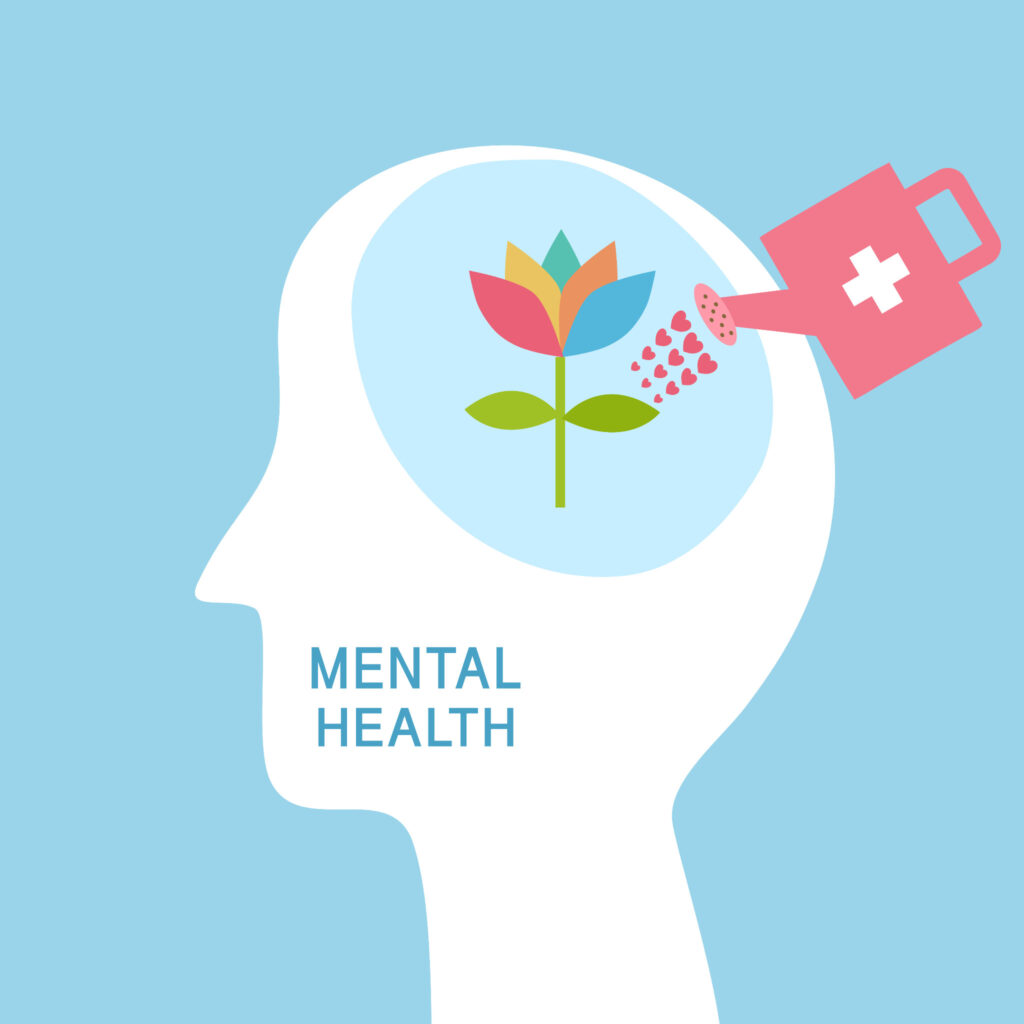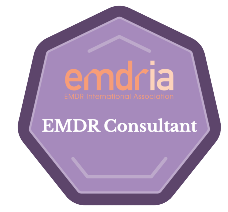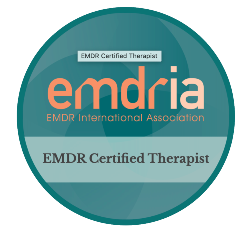How Child Therapy Differs from Adult Mental Health Treatment
Exploring the intricate landscape of mental health support requires tailored approaches for children and adults alike. Understanding the nuances that distinguish child therapy from adult mental health treatment can shed better light on the responsible use of targeted strategies aimed to address the unique needs of each demographic.

Child therapy aligns with the developmental stages of younger minds, employing play therapy and creative techniques that can easily be adapted to the child’s playful and curious mindset. Adults, in contrast, often engage in more verbal communication and introspective methods that suit their cognitive capacities and structured thinking.
As many researchers will point out, child therapy has evolved over time to recognize the impact of family dynamics, being geared to encourage parents towards creating a supportive and loving environment for the child.
EMDR Denver adult mental health treatment professionals often deal with a vast history of multilayered experiences and traumas, providing insight into present struggles. At the same time, a child therapist could focus more on targeting developmental challenges early on to prevent long-term issues. While no less complex, child therapy requires a much more subtle and delicate touch, especially when dealing with problems such as childhood emotional neglect and abuse that happened during the earliest stages of development.
Ultimately, building a strong foundation of trust is fundamental in both contexts, and most especially in the case of younger teens and children. The need for depression and anxiety treatment as well as PTSD treatment at this early stage is often brushed aside, leading to many problems later on.




